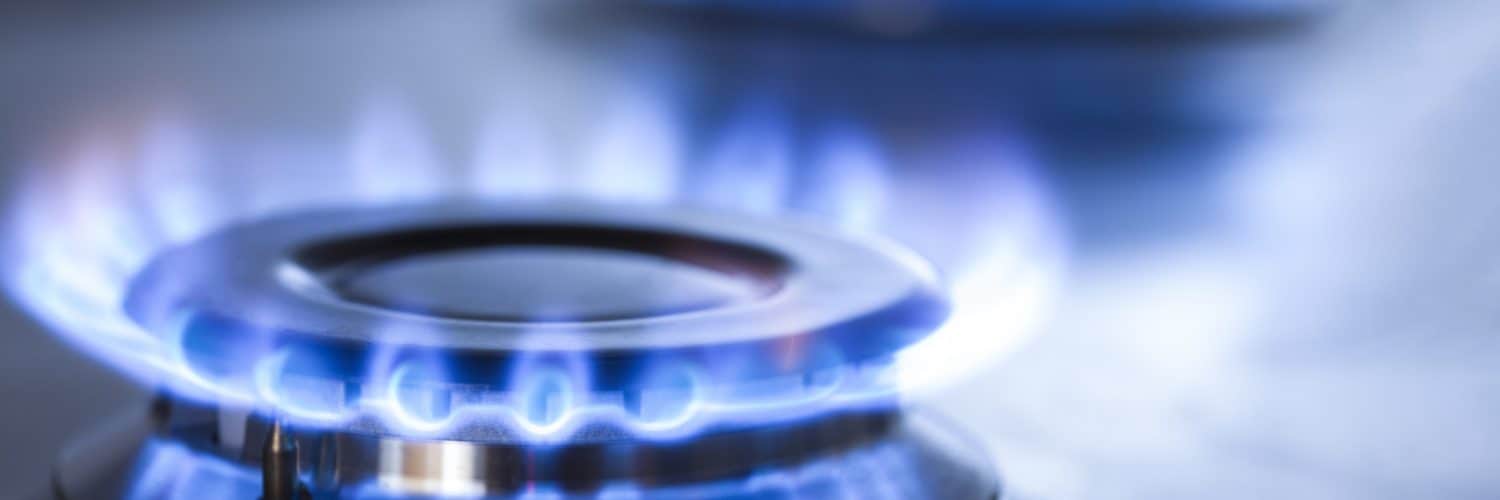Natural gas futures have been on a see-saw lately, with Henry Hub prompt-month futures up over 50 cents, trading at US$6.95/MMBtu as of 1:15pm EDT, Thursday afternoon. Prices dropped to a low of US$5.794/MMBtu on Friday, December 9th before pushing back up to a two-week high of US$7.10/MMBtu on Tuesday amid colder-than-usual weather concerns. A key uncertainty in the market remains as to when the Freeport LNG export terminal in Texas, that has been offline since the explosion in June 2022, will resume operations. Demand will increase when Freeport’s ~2 Bcf/d of liquefied natural gas (LNG) export capacity returns to service. The U.S. Federal Energy Regulatory Commission (FERC) has requested the company respond to a long list of requirements before approving the plant’s restart plan. As reported by the EIA, US dry gas production in the third quarter of 2022 has exceeded pre-pandemic monthly production records from 2019, averaging more than 100 Bcf/d in October and November 2022. The EIA forecasts US dry gas production to continue to grow in 2023, increasing ~2% from 2022.
The EIA estimated working gas storage was 3,412 Bcf for the week ending December 9th, following an overall withdrawal of 50 Bcf. The pull was in line with market expectations, and more than double from the previous week. Storage inventories are moving closer to a surplus compared to historical averages, now 0.5% below year-ago levels and, relative to the five-year average, 0.4% less. A withdrawal of 89 Bcf is expected for the week ending tomorrow.
In Canada, prompt-month futures for AECO are trading at C$6.19/GJ, while Dawn is trading at C$8.12/GJ. Prices have risen, with week-over-week increases of $0.91/GJ and $1.01/GJ at AECO and Dawn, respectively. Point Logic reports Canadian natural gas storage for the week ending December 9th was sitting at 611 Bcf, after an overall withdrawal of 18 Bcf. Eastern Canadian storage had a withdrawal of 4 Bcf, while Western Canadian storage had a withdrawal of 14 Bcf. Storage levels are now 6% below the 5-year average and 3% below prior year storage levels. Canadian storage is 70% full, with Eastern storage levels now at 89% of capacity and Western storage significantly lower at 63%. A withdrawal of 17 Bcf is expected for the week ending tomorrow.
– Karyn Morrison, Energy Advisor








Add comment